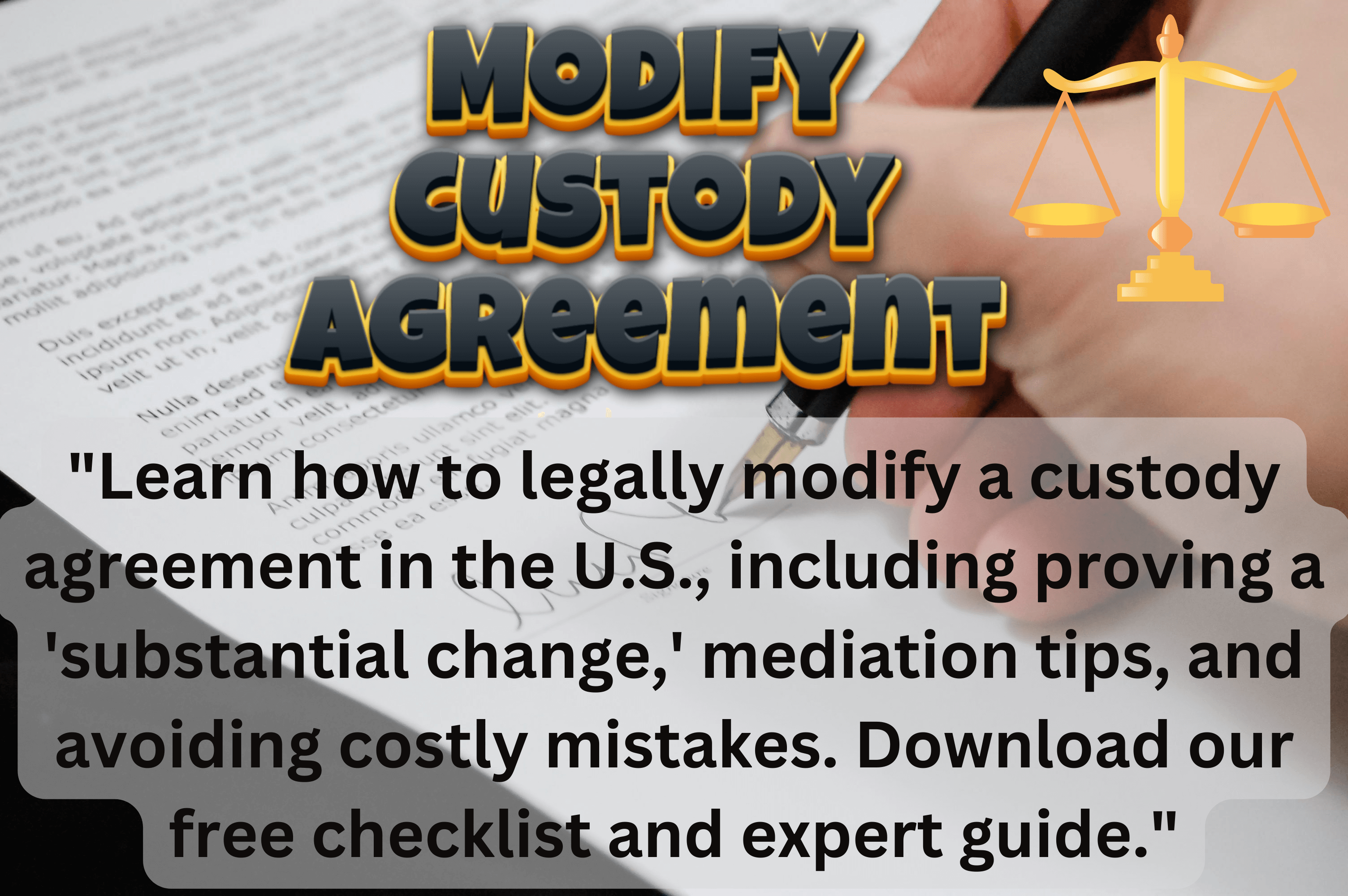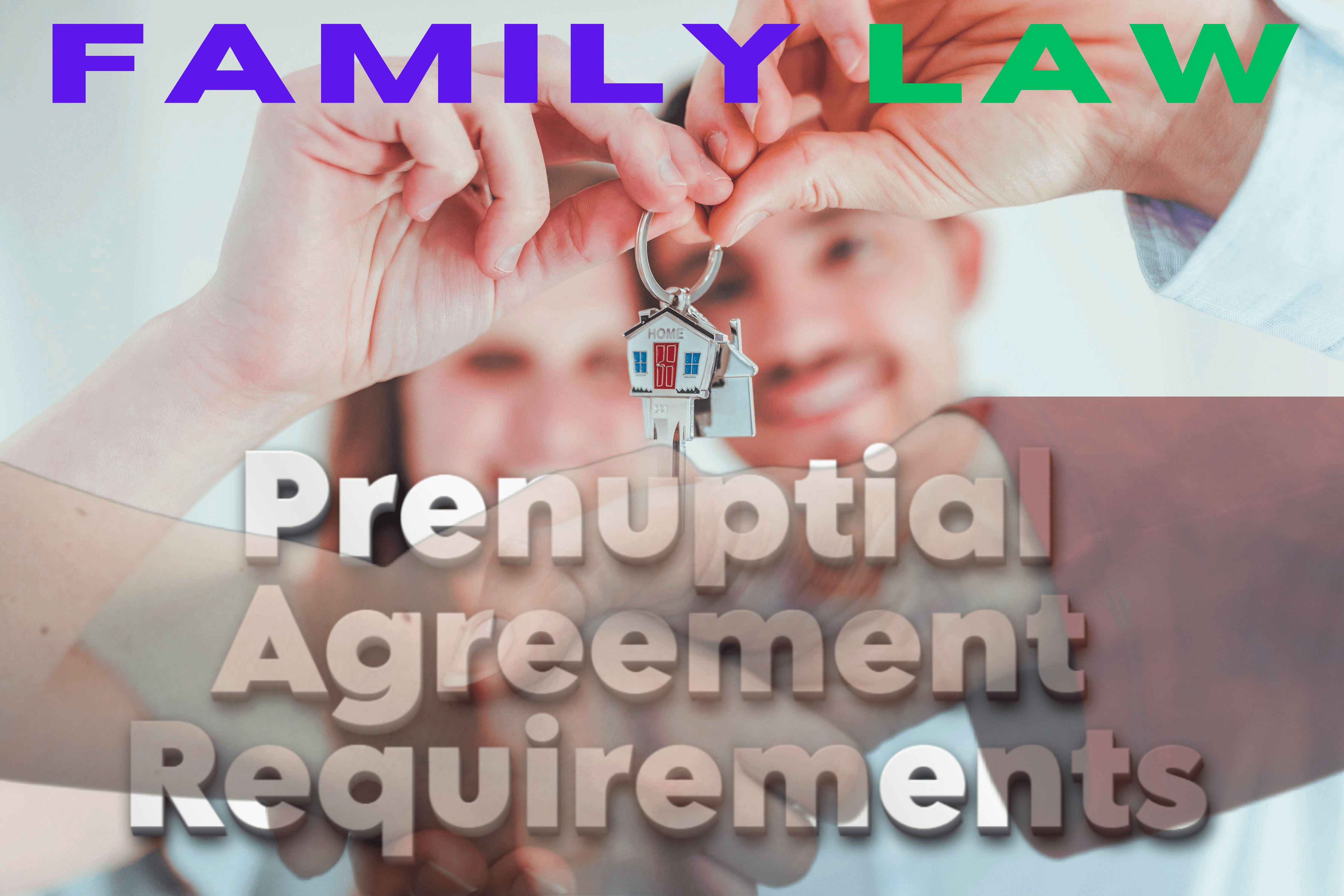Author: Sarah Thompson, Certified Family Mediator with Over 12 Years of Experience
Introduction
Divorce is emotionally exhausting, but it doesn’t have to be a battlefield. More couples are turning to divorce mediation near me as a way to part amicably, avoid courtroom drama, and retain control over their futures. But how do you find a qualified mediator locally? And what should you expect? This guide walks you through the process, highlights what matters most, and answers your top questions—all while prioritizing your peace of mind.
Table of Contents
Why Choose Divorce Mediation?
Divorce mediation is a collaborative process where a neutral third party helps couples negotiate terms (e.g., custody, finances) without litigation. According to the American Psychological Association, mediated divorces are 60–70% less contentious and often resolve faster than traditional divorces. Here’s why it’s worth considering:
- Cost-Effective: Mediation costs ~
- 3,000–
- 3,000–7,000 on average, compared to $15,000+ for litigation (Forbes).
- Faster Resolutions: Most cases settle in 3–5 sessions versus months/years in court.
- Confidential & Flexible: Private discussions allow creative solutions tailored to your family.
- Better for Kids: Less conflict means healthier co-parenting relationships (CDC Study).
How to Find Quality Divorce Mediation Near You
When searching for “divorce mediation near me,” quality matters more than proximity. Here’s how to vet local experts:
1. Check Credentials & Specializations
- Look for certifications like “Certified Family Mediator” (CFM) or membership in the Association for Conflict Resolution.
- Prioritize mediators with experience in your specific needs (e.g., high-asset divorces, child custody).
2. Read Reviews & Testimonials
- Platforms like Google My Business, Yelp, or Avvo offer insights into a mediator’s professionalism and success rates.
- Ask for referrals from friends or family lawyers.
3. Schedule Consultations
Most mediators offer free or low-cost initial meetings. Use this to assess:
- Communication style: Do they listen without judgment?
- Strategy: How do they handle impasses?
- Fees: Are they transparent about costs?
4. Verify Local Expertise
A mediator familiar with your state’s laws can streamline paperwork and avoid legal missteps. For example, California requires specific forms for asset division, while Texas has unique child custody guidelines.
What to Expect During the Process
- Initial Session: You’ll outline priorities (e.g., parenting time, property division).
- Negotiation Rounds: The mediator facilitates compromise on sticky issues.
- Final Agreement: Once terms are set, a legal document is drafted for court approval.
Pro Tip: Bring financial records, custody preferences, and a list of non-negotiables to your first session.
Red Flags to Avoid
- No Certification: Untrained mediators may lack conflict-resolution skills.
- Pressure to Agree: Mediators should empower—not force—compromise.
- Vague Fees: Hidden costs signal unprofessionalism.
Conclusion: Take the First Step Toward Healing
Divorce mediation near you isn’t just about convenience—it’s about finding a partner who prioritizes dignity and clarity during life’s toughest transitions. By focusing on credentials, local expertise, and rapport, you’ll turn a painful chapter into a foundation for renewal.
Ready to Start? Search for “divorce mediation near me” today, and remember: the best mediators don’t just resolve conflicts—they restore hope.
About the Author: Sarah Thompson is a Certified Family Mediator with 12+ years of experience helping families navigate divorce with empathy. She’s a member of the Academy of Professional Family Mediators and has contributed to The Huffington Post and Psychology Today
Common Questions About Divorce Mediation
Q: Can mediation work if we’re not on speaking terms?
Yes! Skilled mediators are trained to de-escalate tension. If emotions run high, “shuttle mediation” (separate rooms) is an option.
Q: What if my spouse hides assets?
Mediators often recommend full financial disclosure. If trust is low, a forensic accountant can be hired independently.
Q: How long until we’re officially divorced?
Depending on your state, mediated divorces finalize in 3–6 months vs. 12+ months for contested cases.



